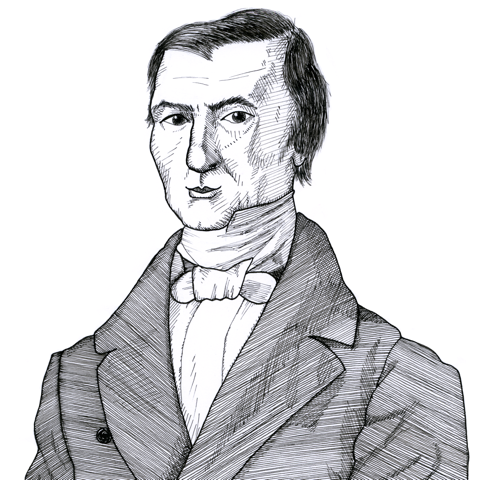
Bastiat on the scramble for political office (1848)
The French classical liberal economist Frédéric Bastiat (1801-1850) observed in the early days of the French Revolution of February 1848 the unseemly scramble for political office which was taking place around him. The only solution he thought was to drastically reduce the number of government jobs and government spending:
Parties & Elections
All the newspapers, without exception, are speaking out against the scramble for office of which the Town Hall is given a sad example. Nobody could be more indignant about, or more disgusted by, this frenzied greed than we.
But at the end of the day we have to find the cause of the evil, and it would be puerile to expect the human heart to be other than it has pleased nature to make it.
In a country in which, since time immemorial, the labor of free men has everywhere been demeaned, in which education offers as a model to all youth the mores of Greece and Rome, in which trade and industry are constantly exposed by the press to the scorn of citizens under the label profiteering, industrialism, or individualism, in which success in office alone leads to wealth, prestige, or power, and in which the state does everything and interferes in everything through its innumerable agents, it is natural enough for public office to be avidly sought after.
How can we turn ambition away from this disastrous direction and redirect the activity of the enlightened classes toward productive careers?
Obviously by eliminating a great many public posts, limiting government action, leaving a wider, freer, and more prestigious role to private activities and reducing the salaries for high public office.